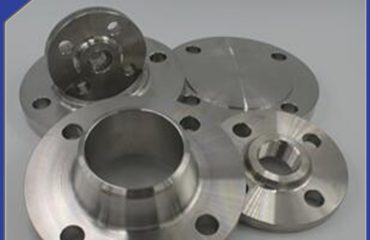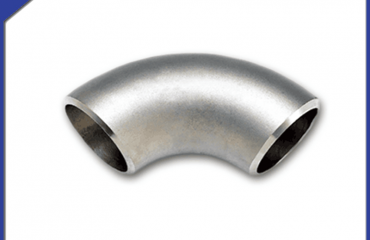
Plate flanges are a versatile option for diverse industrial applications due to several key factors. These flanges provide a high level of flexibility and adaptability, making them suitable for use in a wide range of industries and applications. In this article, we will explore the various characteristics that make plate flanges a versatile choice.
- Easy Installation: One of the primary advantages of plate flanges is their ease of installation. They are straightforward to assemble and disassemble, allowing for quick and efficient maintenance or repairs. This ease of installation saves both time and money, making plate flanges a preferred option in many industrial settings.
- Wide Range of Materials: Plate flanges are available in a wide variety of materials, including carbon steel, stainless steel, and alloy steel. These materials have different properties, such as strength, corrosion resistance, and temperature resistance. The ability to choose from various materials allows plate flanges to be used in applications with specific requirements, such as high-pressure or high-temperature environments.
- Size and Pressure Rating: Plate flanges come in different sizes and pressure ratings, making them suitable for diverse industrial applications. The size and pressure rating of a plate flange determine its load-bearing capacity, making it a crucial factor in industries that require handling heavy loads or high-pressure systems.
- Versatility in Connection: Plate flanges offer versatility in connection options. They can be connected to pipes or equipment using various methods, including welding or bolting. This flexibility allows plate flanges to be easily integrated into existing systems or adapted to different requirements, making them a popular choice for piping and equipment connections.
- Customization: Plate flanges can be customized to meet specific project requirements. They can be manufactured with specific dimensions, hole patterns, or surface finishes to fit seamlessly into a particular application. This customization option enables plate flanges to be used in a wide range of industries, from oil and gas to petrochemicals, power plants, and water treatment facilities.
- Cost-Effective Solution: Plate flanges are generally more cost-effective compared to other types of flanges. Their simple design and ease of manufacturing make them a cost-effective choice for many industrial applications. Additionally, their easy installation and maintenance contribute to overall cost savings in terms of time and labor.
- Durability and Reliability: Plate flanges are known for their durability and reliability. When properly installed and maintained, they provide a strong and secure connection between pipes or equipment, ensuring leak-free operations. Their robust construction makes them resistant to corrosion, erosion, and other environmental factors, extending their lifespan and reducing the need for frequent replacements.
- Compatibility: Plate flanges are compatible with various industry standards and specifications, ensuring their widespread use across different applications. They can be manufactured to meet specific standards, such as ANSI/ASME, ASTM, DIN, or EN, making them easily interchangeable with other flange types. The compatibility of plate flanges with different standards simplifies their integration into existing systems or facilitates the replacement of older flanges.
 Language
Language Espanol
Espanol English
English Italian
Italian عربى
عربى
 Skype: chinamaker99
Skype: chinamaker99  Tel: 86-316-5120812
Tel: 86-316-5120812 Email:
Email:  Whatsapp:
Whatsapp: 

